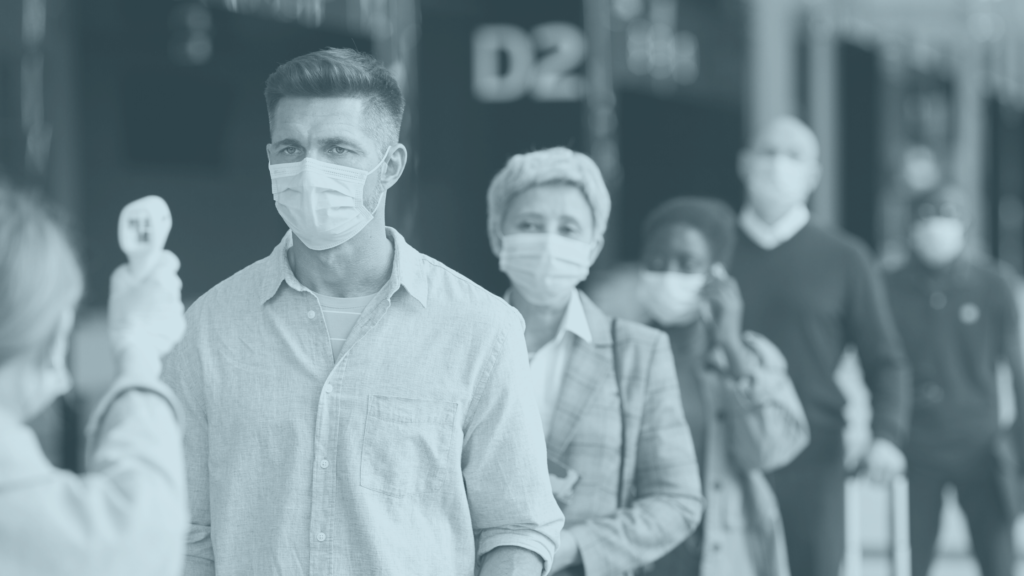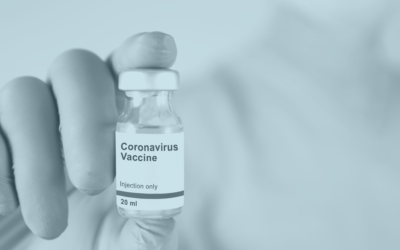
2020 and 2021 are the years everyone talked about vaccines. Vaccines have long been victims of their success; they’ve been so successful at eliminating diseases that people have forgotten that we need them. But, the coronavirus pandemic changed all of that, teaching society once again that vaccines matter. Here are five other things the COVID-19 pandemic taught us.
Vaccine hesitancy continues to be a threat.
In 2019, months before the COVID-19 upended our world, the World Health Organization labeled vaccine hesitancy a top ten threat to global health. Sadly, the pandemic emphasized just how much of a threat it is. Whether people are on the fence about getting a COVID-19 vaccine because of religious objections, fears about the possible risks, or mistrust of the government, if the proportion of vaccinated people is below the community immunity threshold, COVID-19 will continue to mutate and spread.
Anti-vax groups are a powerful force on social media.
Whether it’s lies about microchips or magnets, conspiracy theories and misinformation has spread faster than the virus. Researchers have found that most misleading messages and lies about COVID-19 and the vaccines are attributed to just twelve people. The Disinformation Dozen, as they are called, have “produced 65% of the shares of anti-vaccine misinformation on social media platforms.” As the daily COVID-19 vaccination rates continue to decline, refuting falsehoods while spreading facts could be vital to putting an end to the pandemic.
Vaccines aren’t the same as vaccinations.
The rapid development of the COVID-19 vaccines was a modern marvel, but sadly, getting the vaccines into arms didn’t start successfully. While we learned the value of cutting red tape and funding research, we also learned that just having a vaccine isn’t enough — we need a solid plan for distributing the vaccines and effective messaging to encourage people to take them.
Community Immunity is vital to the health of a society.
An NPR/Marist poll found that one in four Americans would refuse a COVID-19 vaccine if offered. That resistance combined with hesitancy and other barriers hinders our efforts to reach herd immunity, and the impacts are beginning to show. Researchers at Georgetown University published data in July 2021 that shows that five unvaccinated clusters put all of the US at risk. These “high-transmission areas can become breeding grounds for COVID-19 variants that could go on to evade” the vaccines.
Doctors and Nurses continue to be trusted messengers.
Eight in ten Americans have said their doctors and nurses were their most trusted source of information about the coronavirus — that’s good news! And, researchers at UMass Medical School found that “COVID-19 vaccine-hesitant individuals became less hesitant after a brief recommendation from a doctor… Further, among those initially most resistant, a message that emphasizes getting the vaccine to protect others was found to be most influential in reducing hesitancy.” Doctors and nurses have a unique opportunity to let patients know that they have been vaccinated and encourage them to do so as well.






